
More than 200 experts join UNDP, EU and national partners to discuss ecological impacts of the war in Ukraine
The war in Ukraine is not only razing entire cities and destroying infrastructure with widespread casualties, it is negatively impacting the environment, poisoning waterways and threatening ecosystems for generations to come. This was the topic of concern for an online conference organised on 6 May by the United Nations Development Programme (UNDP) together with the Professional Association of Environmentalists of Ukraine (PAEU) and the National Centre for Sustainable Development, with the financial support of the European Union.
The conference also explored ways to ensure the Ukraine’s green economic recovery as soon as conditions allow.
Olena Ruditch from the UN Recovery and Peacebuilding Programme said threats to Ukraine’s ecosystems need to be addressed immediately. “The environmental consequences of the war are devastating, and threatening people’s health far beyond the border’s of Ukraine,” she said. “The challenges and risks continue to grow, and we must keep environmental safety and security on the agenda.”
Conference participants also discussed the development of methodologies for calculating environmental damage and critical changes to ecological legislation during martial law, the need for deregulation, and how to engage the cooperation of all stakeholders.
The environmental consequences of war are often widespread and devastating with cascading effects. The use of explosive ordnance in urban areas, for example, creates vast quantities of debris and rubble, which can cause air, water, and soil pollution. Damage to light industry and environmentally sensitive infrastructure such as water treatment plants and water sanitation utilities could create problems that can take years to remediate. Depleted uranium, a toxic chemical that is hazardous to human and animal life, is often used for tank armour, armour-piercing bullets, and as weights to help balance aircrafts.
Four United Nations agencies are implementing the United Nations Recovery and Peacebuilding Programme in Ukraine, which is funded by the European Union as well as other international partners.
Find out more
MOST READ
SEE ALSO
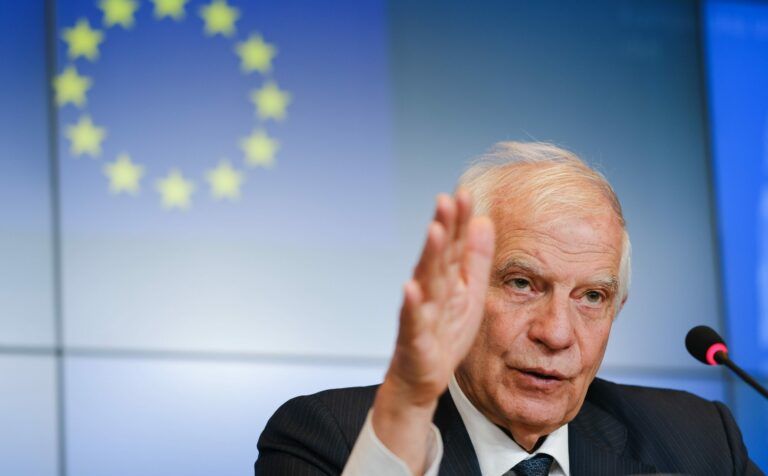
Borrell: some EU members willing to provide Ukraine with ammunition and air defence and interceptor systems
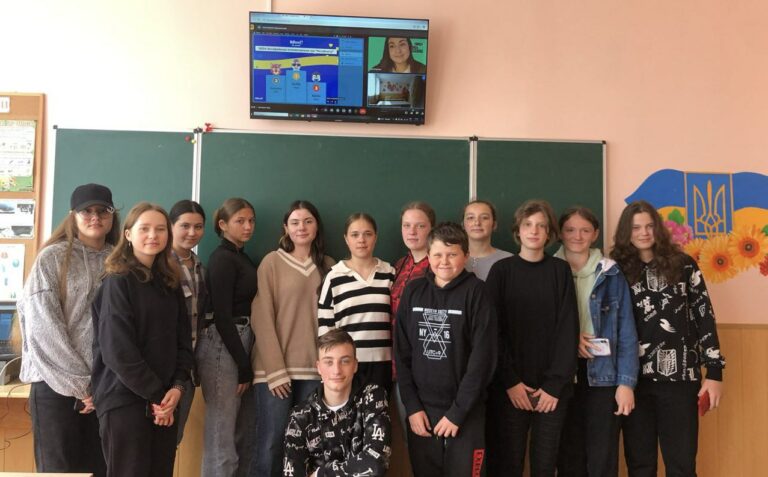
Young European Ambassadors in Ukraine engage students in Vinnytsia Region in game on disinformation
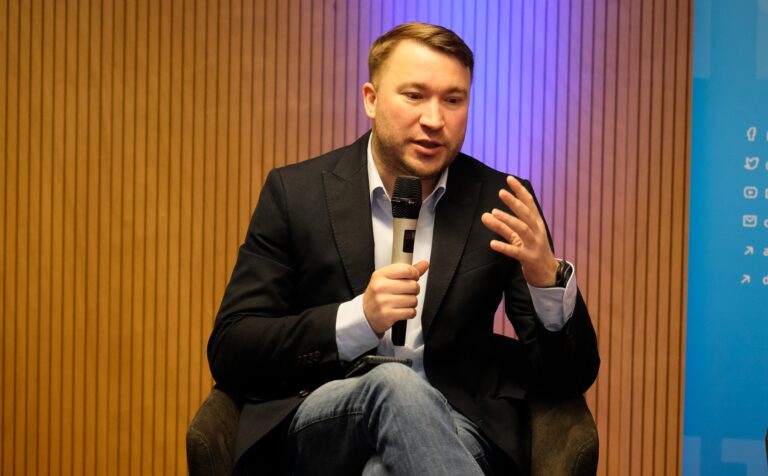
DW Akademie: EU-funded MediaFit programme hosts event for Ukrainian journalists in Brussels
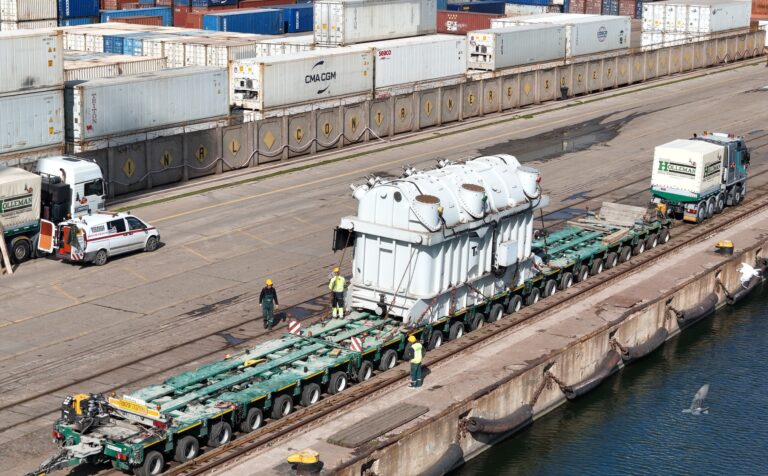
EU Civil Protection Mechanism delivers powerful transformer to Ukraine
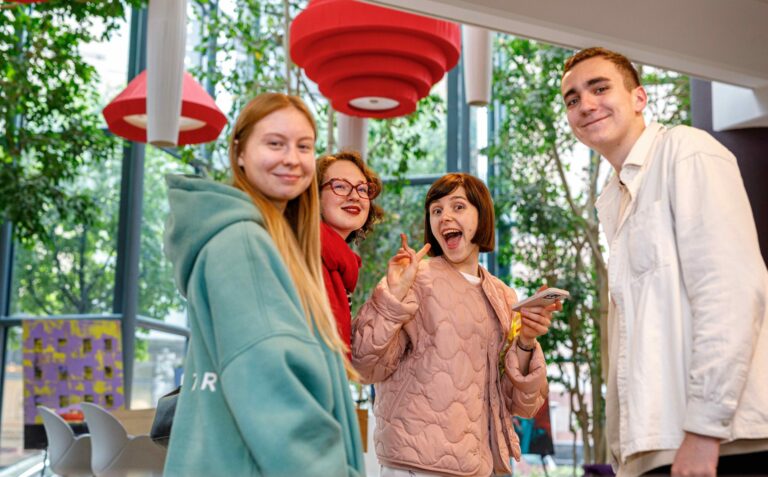
Voice Your Vision: Young European Ambassadors take part in European Forum of Young Leaders in Warsaw
More campaign pages:
Interested in the latest news and opportunities?
This website is managed by the EU-funded Regional Communication Programme for the Eastern Neighbourhood ('EU NEIGHBOURS east’), which complements and supports the communication of the Delegations of the European Union in the Eastern partner countries, and works under the guidance of the European Commission’s Directorate-General for Neighbourhood Policy and Enlargement Negotiations, and the European External Action Service. EU NEIGHBOURS east is implemented by a GOPA PACE-led consortium. It is part of the larger Neighbourhood Communication Programme (2020-2024) for the EU's Eastern and Southern Neighbourhood, which also includes 'EU NEIGHBOURS south’ project that runs the EU Neighbours portal.

The information on this site is subject to a Disclaimer and Protection of personal data. © European Union,







